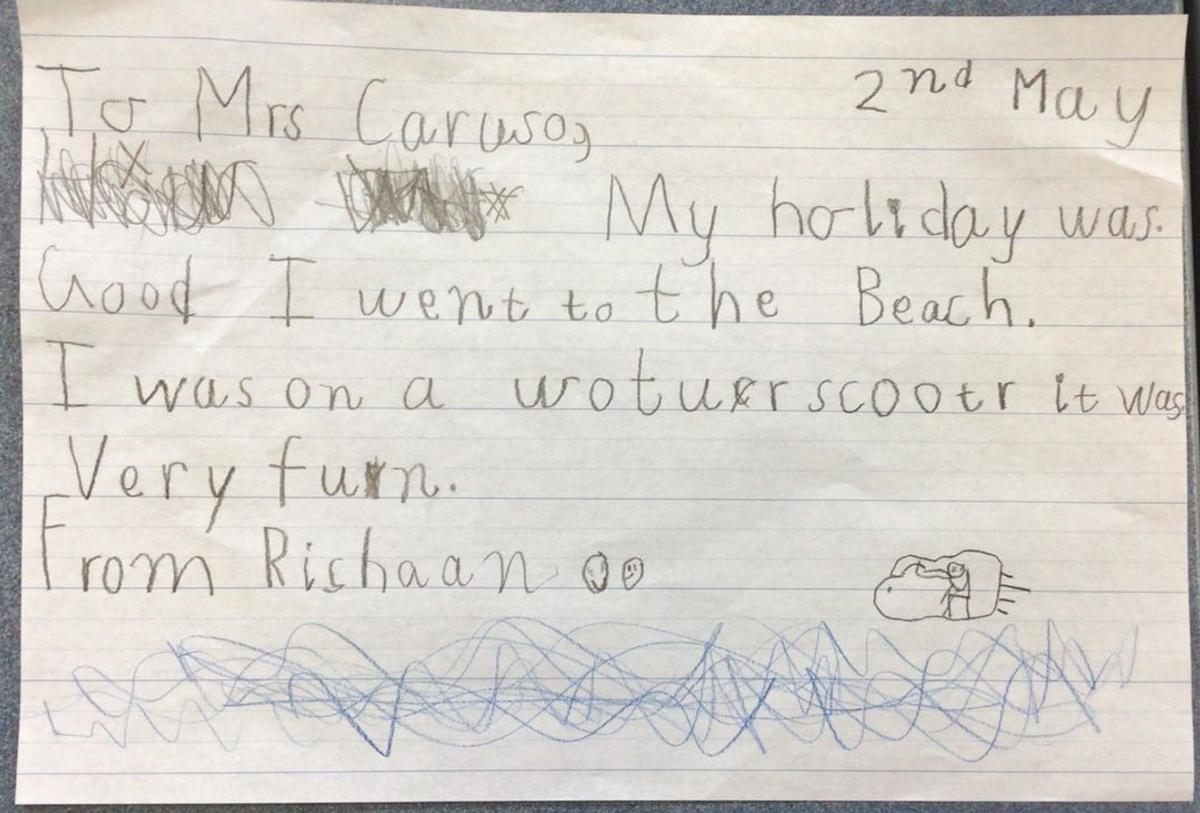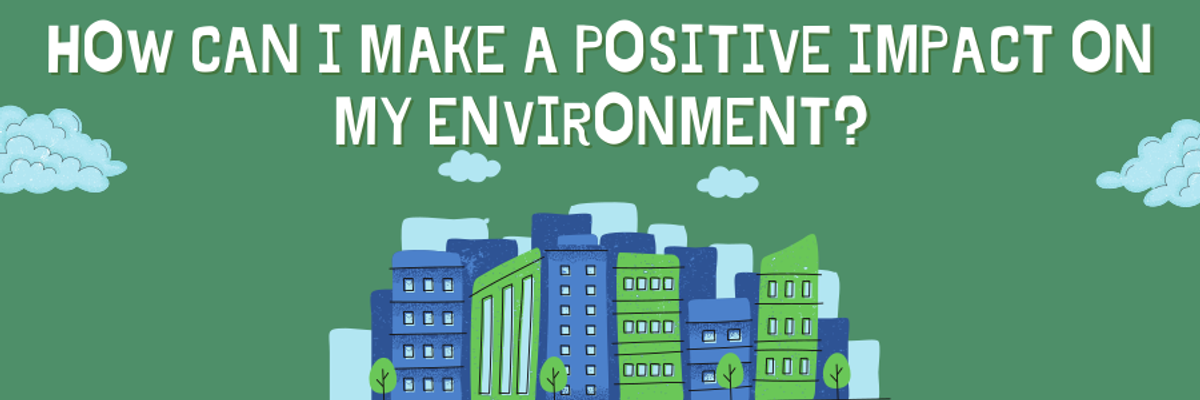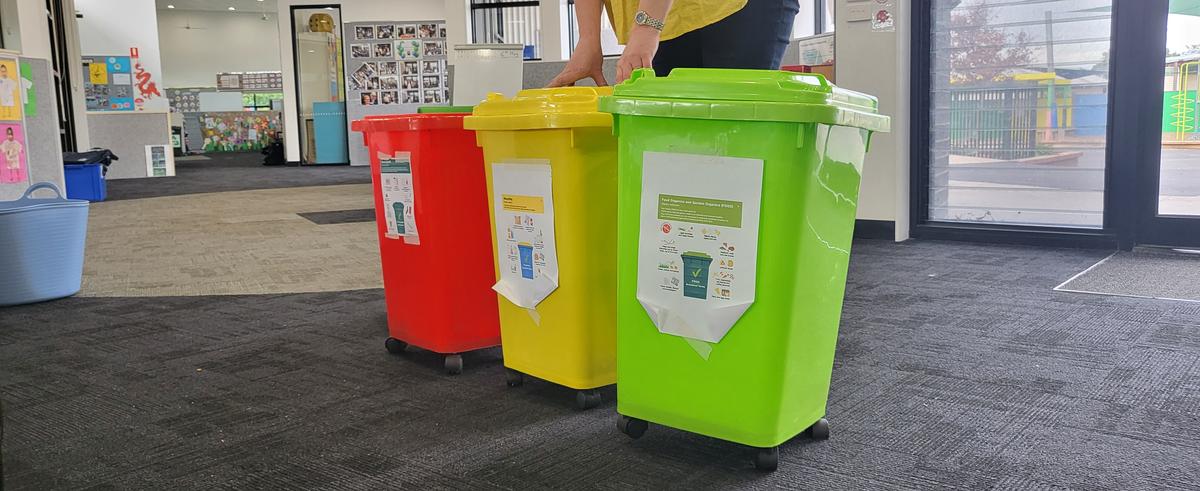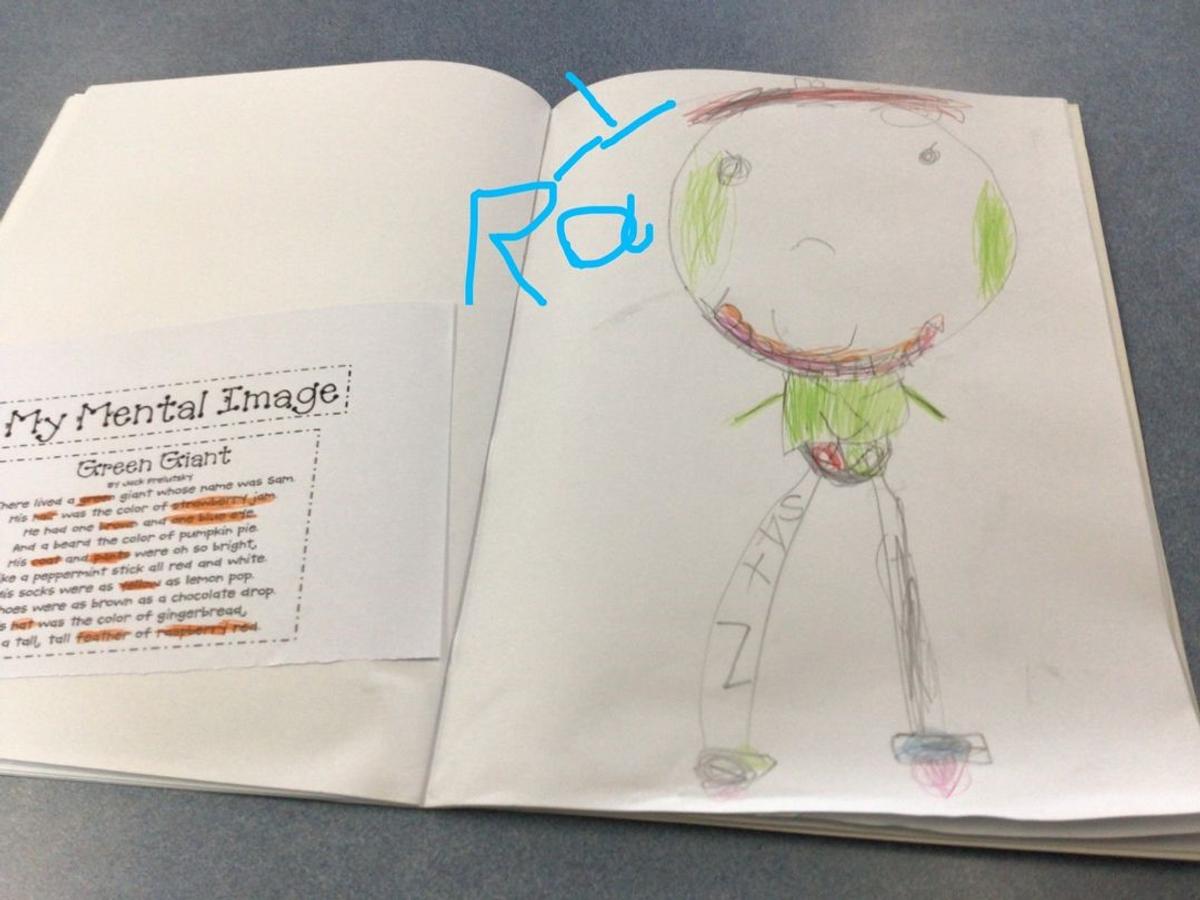Prep Newsletter for Term Two

Welcome to Term 2, 2022 and a special warm welcome to all of our new families who have chosen to join our school community. This term, it has been wonderful to see the Preps reconnecting with their friends after the holidays and are settling in well to class routines, growing more independent each day.
Term Two Prep special dates to note
- Perceptual Motor Program: Wednesdays 2.30pm – 3.30pm
- Wednesday from May 11th Education Week Open Morning: Tuesday May 24th, 9.00am – 11.00am
- National Storytime: Wednesday 25th May 2022
- Fire Education Incursion: Thursday June 2nd and Friday June 17th
- Curriculum Day: Tuesday June 14th
- Last Day of Term: Friday June 24th. Students finish at 2.30pm.
What the Preps are Learning in Term Two 2022
Reading
This term in Reading, students will explore a range of comprehension strategies from the CAFE reading approach to assist with their understanding of the texts they read. The strategies include, ‘Visualising’, ‘Check for Understanding’, ‘Ask questions, before, during and after you read’ and ‘Predict what will happen, then confirm’. As students consolidate their knowledge of reading accuracy, they will further build their skills to monitor their reading for errors with the strategy ‘cross- checking’ where they will check if what they read ‘makes sense, looks right, sounds right or matches the picture’.
Some tips to support your child at home in Reading:
- Continue to read with your child daily. Ask your child questions about the text to monitor their comprehension. For example, ‘who are the characters and what are they doing?’
- Continue to practise Magic Words daily. This will help with both their accuracy and fluency of text as these words are the most used words within early reader texts.
- Add your children's text to the Premier Reading challenge log. Let’s see if they can read 30 books within this time!
Writing
This term, students will develop strategies from our whole school approach, VOICES, when writing Letters and Persuasive text types. Students will look at the structure and language features of Letters and how to convey a message. They will have many opportunities to write letters, postcards and cards to their family, friends and peers. Within the second half of the term, students will explore the structure of Persuasive texts and develop a sound understanding on conventions and transitional words.
Some tips for writing with your child at home:
- Promote independence with writing, ask them to persist and encourage them to embrace the ‘productive struggle’.
- Have children re-read their writing to ensure that their writing makes sense.
Speaking and Listening
This term, students will continue to be provided opportunities to use their voice in all areas of learning. In particular, our focus on questioning will encourage the students to practise structure of asking questions including the use of intonation.
Some tips for speaking and listening with your child at home:
- Encourage your child to ask curious questions when reading
- Ask your child to repeat what you shared with them or articulate the sounds learnt in class
- Encourage your child to build on your conversations. Add to what you are saying or ask questions about what you are saying
Mathematics
This term in Mathematics, we will be investigating how numbers can be made from other numbers and how we recognise these numbers through subitising. So far, we have explored the different ways the number 10 can be made. As the term progresses, we will delve into concepts of data: what it means, how they are presented and what conclusions can be drawn from them. This links to our learning in Reading where we will explore different types of questions we can ask. Finally, we will also explore strategies for measuring, including comparing lengths of objects and using informal measurements such as blocks to find the length of an item.
To support your child’s learning you could:
- Take any opportunity to practise counting out objects and then finding different ways to make the number. “Oh, I have 7 strawberries. I can hold 5 in one hand and 2 in other hand. That makes 7. How many can you hold?”
- Do mini research projects for data collection. “What colour t-shirts do you have? You have 2 white, 4 blue and 1 black. That means the colour you have the most is blue!”
Inquiry
In Inquiry, Prep students will explore the question, ‘How can I make a positive impact on my environment?’ through an understanding of our Global Goal, Climate Action. Students will specifically look at using their five senses to describe their environment and build on expanding their vocabulary of describing materials. Through these experiences, they will develop an awareness of their surroundings in their home, school and community. This includes their impact on their home, school and community environment. Students will further deepen their knowledge of sustainable practises and ways to care for their environment during our incursion from Earth Crusaders. The incursion will prime our learners to create a research project for each class and assist their final transfer for the term, to promote a sustainable action.
How to assist your child with this learning:
- Set aside time to attend our Education Week Open Morning where we will build on our class investigations.
- Discuss with your child their daily actions that can have a positive impact on the environment and resources within your home. For example, recycling, composting or turning off electrical appliances.
YCDI
In Term Two You Can Do It (YCDI), students are continuing to build on their social and emotions skills through the YCDI Keys to Success: Confidence, Getting Along, Persistence and Resilience. YCDI is integrated with our inquiry question of ‘How can I make a positive impact on my environment?’ Students will be supported to develop an understanding of their classroom communities and develop expectations for themselves and their peers. These expectations have helped as a tool for improving their Getting Along skills and assisting them to self-regulate and problem solve independently when learning collaboratively and playing in the playground. Students continue to develop these positive social and emotional skills through social stories, role plays, class discussions and scenarios.
To support your child’s learning at home:
- Have conversations around being confident and resilient and what this looks like around their others.
- Always praise them when they have done something right, such as packing away their toys, setting the dinner table, helping with dinner, complete their reading or home learning. (You may set up a rewards system).
Perceptual Motor Program (PMP)
This term, the prep students will be involved in a weekly movement-based program on Wednesdays from Week 3. This program supports children to improve their hand/eye and eye/foot coordination, balance, locomotion, eye-tracking skills and general fitness.
To support the program, we are asking for helpers that have a current working with children check. Your role will be to supervise a movement station (all instructions will be provided) and if possible, to help set up and pack away the equipment. Please speak to your class teacher if you are available to assist for one or more sessions.






